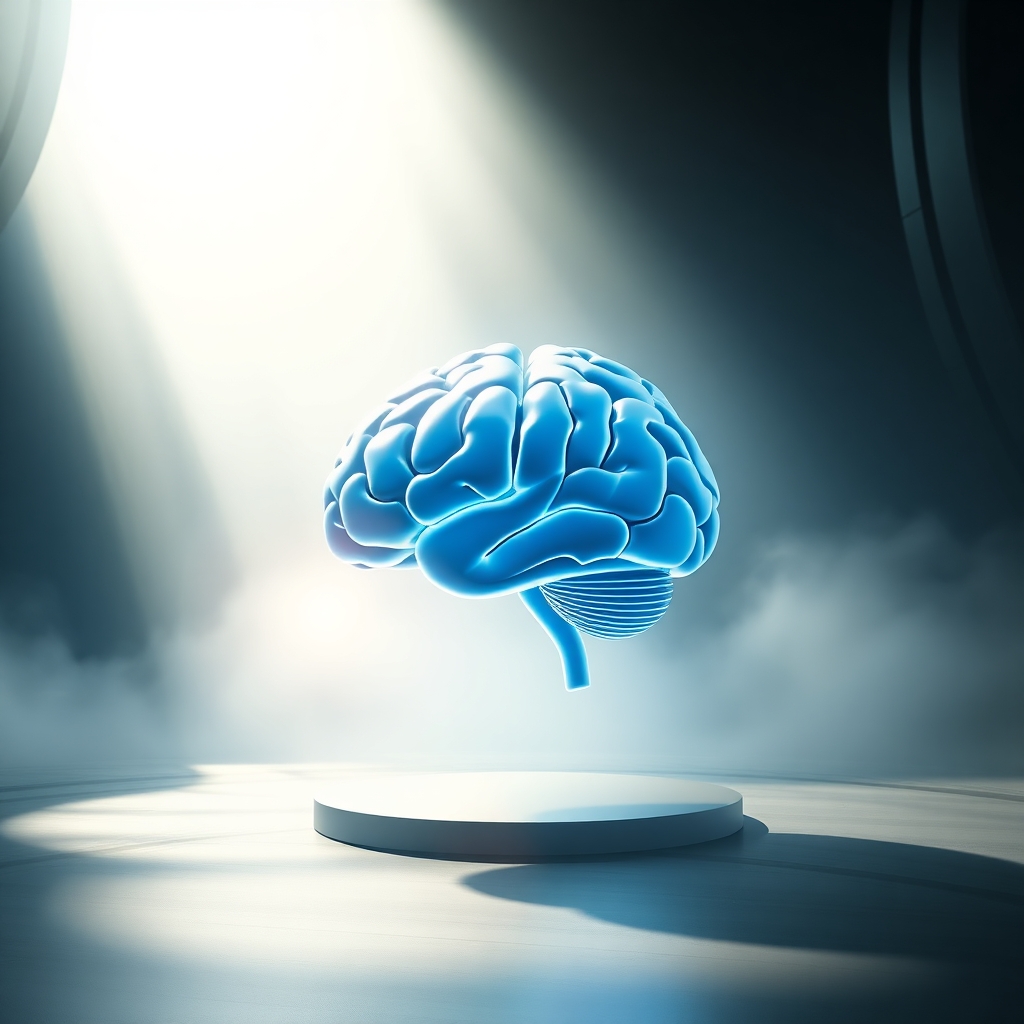When Is the Best Time to Exercise? Evidence-Based Insights for Your Routine
Exercise is a cornerstone of physical and mental health, but busy schedules and conflicting advice can make it difficult to find your ideal workout time. For individuals with ADHD or fluctuating routines, understanding how timing affects performance, mood, and health outcomes is especially valuable. By personalizing your exercise schedule, you can boost motivation, improve adherence, and unlock greater benefits—no matter your starting point.









